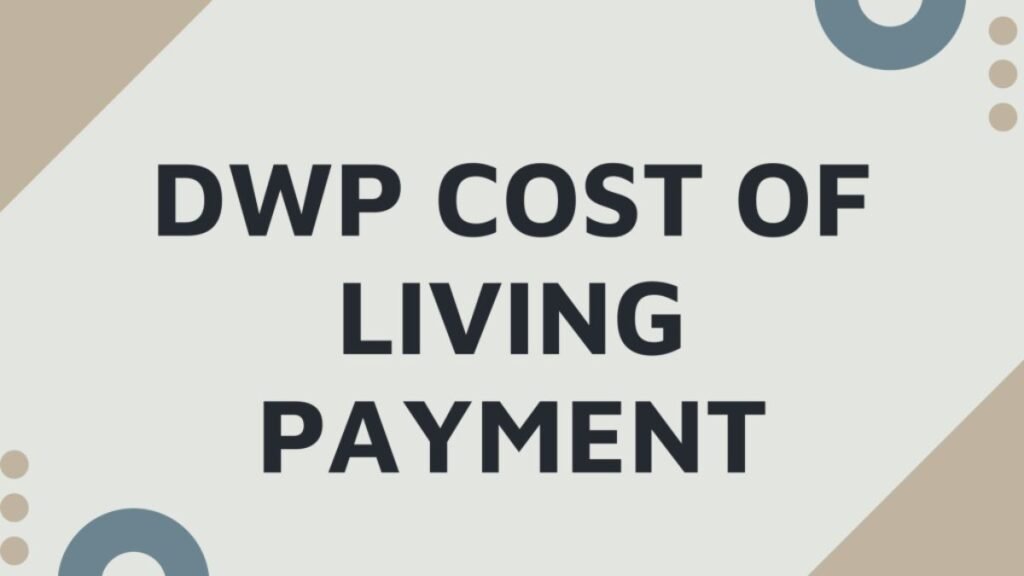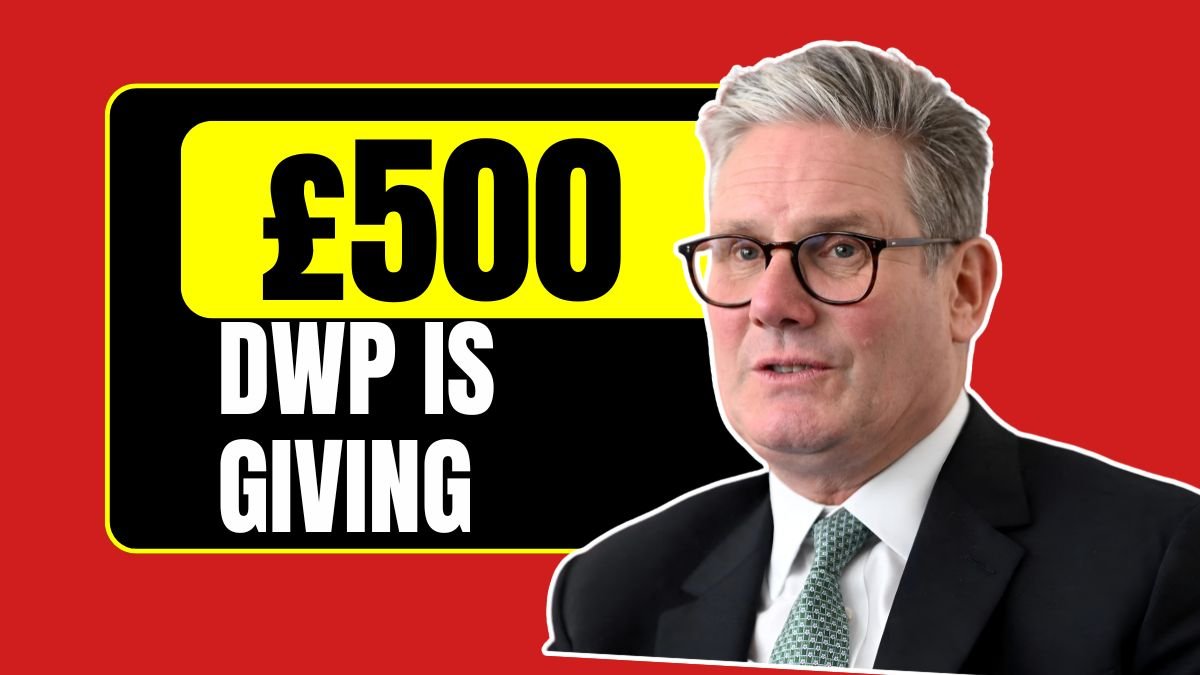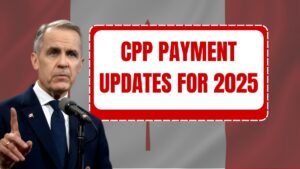If you’re facing rising DWP energy bills, food costs, or unexpected rent hikes in 2025, the UK government—and your local council—might be able to help. They’ve set up a one-off payment of up to £500 through the Household Support Fund (HSF) to ease financial pressure on struggling households. Here’s a detailed, conversational guide to understanding the HSF, who it’s for, and how to apply—plus tips for getting the most from it.
What Is the Household Support Fund (HSF)?
The HSF is a government-backed but locally delivered emergency grant. Each local authority receives a pot of money from central government and decides how to distribute it within its community. The £500 payment is one part of a wider aim: helping families and individuals who are struggling to cover essentials such as:
- Food and groceries
- Energy and heating bills
- Rent or housing costs
- Unexpected medical expenses
It’s not ongoing support like Universal Credit, but rather a short-term lifeline designed to help people get back on their feet.

Who Can Get the £500 Payment?
Each council sets slightly different rules, but broadly speaking, you may be eligible if:
- You’re on a low income, even if you’re not on benefits
- You receive means-tested benefits like:
- Universal Credit, Income Support,
- Jobseeker’s Allowance (JSA), Employment and Support Allowance (ESA),
- Pension Credit
- You’re a pensioner finding it tough to make ends meet
- You have children and claim Free School Meals, Child Tax Credit, or Working Tax Credit
- You’re facing a sudden crisis, such as:
- Losing a job
- Being at risk of eviction
- Paying large or unexpected medical bills
Because the money is limited, councils often close the scheme early once funding runs out. That’s why it’s best not to delay—apply as soon as you think you might be eligible.
How to Apply in Five Simple Steps
1. Find Your Local Council
Go to the GOV.UK website, enter your postcode, and follow the link to your local authority’s site.
2. Check Eligibility
Search for “Household Support Fund” on the council page to see who can apply, what proof you need, and how decisions are made in your area.
3. Gather Your Documents
You’ll typically need:
- Proof of income: payslips, benefit awards, bank statements
- ID: passport or driving licence
- Proof of address: utility bill or tenancy agreement
- Evidence of need: eviction notice, medical bills, letter from a housing provider
4. Submit Your Application
There are usually three routes:
- Online forms: quick and easy
- Phone helplines: for advice or help filling forms
- In-person visits: through council offices—book appointments if required
5. Check Back for a Decision
It can take a few days to several weeks to hear back. If approved, you’ll receive the money via direct deposit to your bank or through vouchers (for food, energy, etc.).
When to Apply
Deadline: March 31, 2025—but councils often close applications days or weeks early when funds run out. That’s why it’s wise to apply as soon as possible after an emergency arises. Waiting could mean missing out.
What If You Don’t Get Paid?

Still struggling? Here are some alternatives to explore:
- Warm Home Discount (£150)
A one-off electricity bill rebate, applied automatically in most cases, or via your supplier. - Cold Weather Payment (£25/week)
Triggers when weather drops below freezing for a week, available to those on certain benefits. - Energy Company Grants (Up to £2,000)
Suppliers like British Gas, EDF, and others offer help with energy debt. Contact your provider directly. - Local Grants and Charities
Councils often work with charities that offer grants for food, heating, or school uniform costs.
Conclusion
Even a one-time payment of £500 can make a real difference if you’re struggling. It might buy a month’s groceries, cover a bill, or give breathing space after an emergency. And because your council distributes it, they’re in the best position to know who needs help most in your community.
FAQs
Q1. What is the £500 payment from DWP?
The £500 payment is a one-time financial support initiative by the Department for Work and Pensions (DWP) aimed at helping eligible individuals or households facing financial hardship.
Q2. Who is eligible to receive the £500 DWP payment?
Eligibility generally includes individuals on certain means-tested benefits such as Universal Credit, Income Support, ESA, JSA, Pension Credit, or those with specific health conditions. Exact criteria can vary based on your circumstances.
Q3. Is this £500 payment taxable?
No, the £500 payment is usually non-taxable and does not affect other benefit entitlements.
Q4. How do I apply for the £500 payment?
In most cases, you don’t need to apply. If you qualify based on DWP records, the payment will be processed automatically to your registered bank account. However, if it requires an application
Q5. When will I receive the payment?
Payments are scheduled to be made before the end of this month. The exact date may depend on your benefit cycle or banking provider.


